California Film and TV Project Attorney Sebastian Gibson
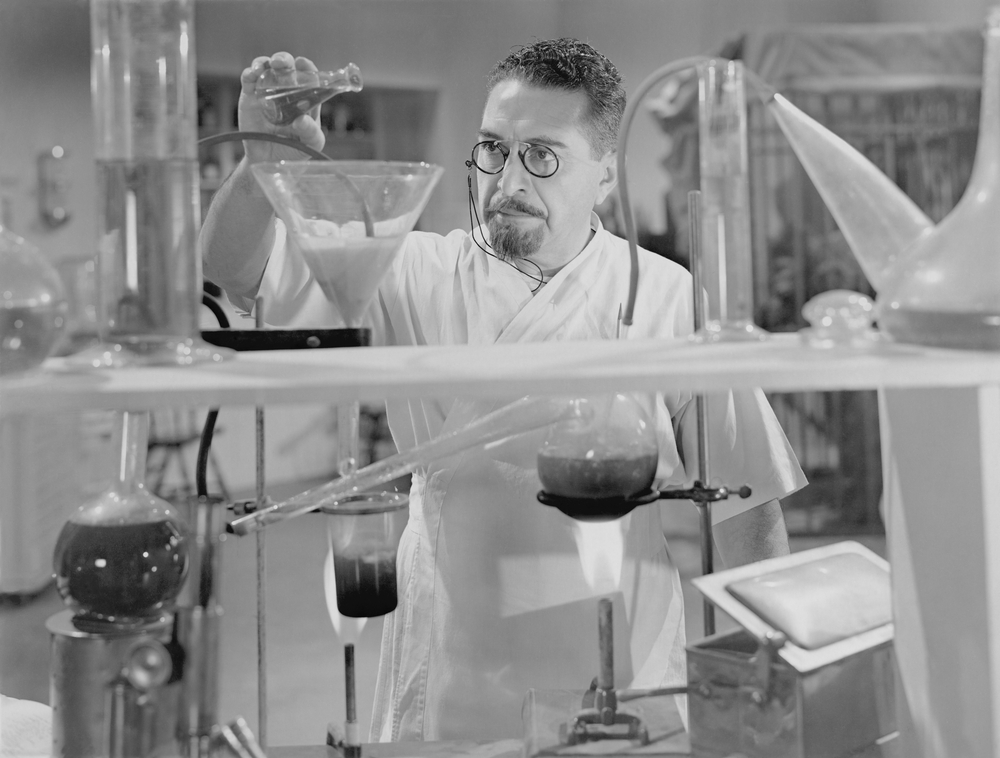
California Film and TV Project Attorney Sebastian Gibson
How the Submissions Process Works
California Film and TV Project Attorney Sebastian Gibson will tell you the submission process normally begins in this way.
A book, a concept or a script is conceived and put to writing. Perhaps a producer becomes involved. A book might be optioned by an actor or producer or a concept might generate interest with someone’s contact in the entertainment industry. Or, a writer may hire an agent or grant an option to a producer to shop the writer’s book to others in the entertainment industry.
A producer who becomes involved in the project then seeks development money to develop a script, or a better script, and for other costs in developing the project. The costs even of just developing a project are too high for a producer with only limited funds to stay in business without an outside investor or investors, so development money is sought from others. Producers are well aware of the adage that it’s unwise to invest their own money in a project.
After a producer comes onboard, they may send a completed script to directors they know to determine any possible interest, or a talent agency might be contacted. A packaging fee is arranged and the talent agency begins to reach out to A-list actors, directors and writers for a film script or television series for episodes for a limited series of six episodes or a larger series as was planned for Game of Thrones.
In some cases, to avoid the packaging fee and percentages charged by talent agents and talent managers, an entertainment lawyer might be asked to package the project and to make the submission. However, talent agents have been compared to the guardians who control the gates which can open or closes deals. They can make or break projects as they control so much of the talent base in Hollywood. The current WGA lawsuit against talent agencies filed in April 2019 and the firing of their talent agencies by WGA members may, however, have a considerable effect on the talent agency packaging fee system still in place by most talent agencies.
Once the project has enough sizzle in the form of A-list actors and other talent attached to the project, perhaps a poster, a sizzle reel, a website, a two or three sentence pitch and seven or eight page bible of the concept is ready. The pitch will have been reduced to the most concise and enticing description of the project the producer can come up with after days, weeks or even months or years of tinkering. At last, the project is finally submitted by the producer or possibly by the entertainment law firm connected with the project.
The submission is made in person or sent to producers and executives at studios and other creative/financing entities involved today in the entertainment industry known to be of the right type of caliber for such a project. Getting one’s foot in the door to make the submission is difficult for a newbie but still possible with perseverance.
If a major producer (all previous producers now becoming relegated to a lesser involved producer title) becomes interested, the producer or perhaps an acquisition executive will try to create additional key interest in the studio in the project.
Eventually, after a relatively long time (sometimes that’s in years) if the concept, script and A-list actors committed to the project and the storyline are eye-popping and the producer and director are well known in Hollywood, a project becomes greenlighted. For every one that does, a hundred or perhaps the number is ten thousand, does not.
It can be longer if the time isn’t right for such a project. Sometimes a subsequent President and CEO of the studio or a new acquisition executive who now thinks everyone before him who passed on the project was a moron, will become enthused or a CEO at a different studio or streaming platform will decide to greenlight the project.
What will sometimes convince a studio executive to greenlight the project is the attachment of an A-list actor who has only then becomes available after a completing a highly praised project at the same or another studio, or publicity that is adroitly mentioned in press releases, or on social media catches the eye of a studio executive and it generates renewed interest.
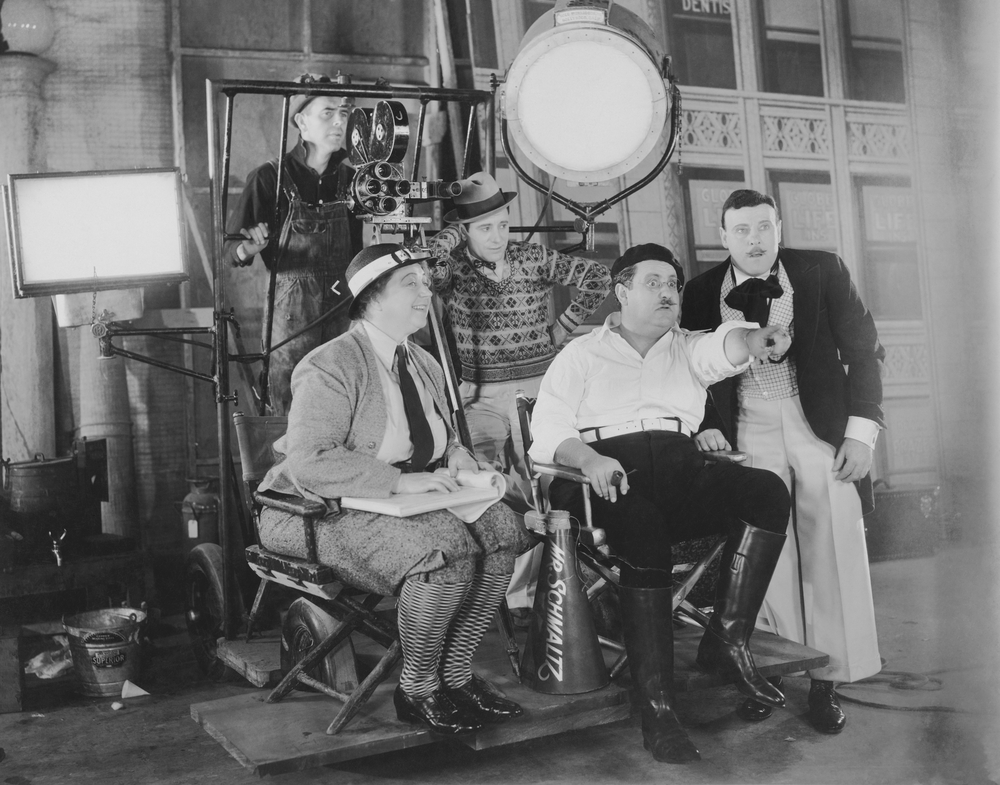
California Film and TV Project Attorney Sebastian Gibson, a lifeline for Producers
From Malibu to San Diego where California Film and TV Project Attorney Sebastian Gibson graduated from the University of San Diego School of Law, to his current offices in the Palm Springs area and Newport Beach to London where he has practiced law extensively, California Film and TV Project Attorney Sebastian Gibson is the right choice for all your entertainment film and television productions, projects in development and film and TV agreements for productions in the U.S., the UK and around the world.
With offices in the Palm Springs area where Live Nation will be opening a new arena in 2022 to Palm Desert to the eastern portion of the Coachella Valley where AEG subsidiary Goldenvoice produces the Coachella Valley Music and Arts Festival and the Stagecoach Music Festival, Sebastian Gibson is the Coachella Valley’s premier entertainment law firm.
California Film and TV Project Attorney Sebastian Gibson
The law firm of California Film and TV Project Attorney Sebastian Gibson not only has Southern California covered, from Palm Springs to Orange County, but we have the world covered as well from London where some of the finest films and television series continue to be produced.
For many years one of the world’s most iconic entertainment law firms for modeling and publishing, representing models and writers throughout the world, California Film and TV Project Attorney Sebastian Gibson is on track to becoming one of the world’s leading lawyers for music, film, television, theater and worldwide entertainment events in addition to its expertise in the fields of modeling and publishing.
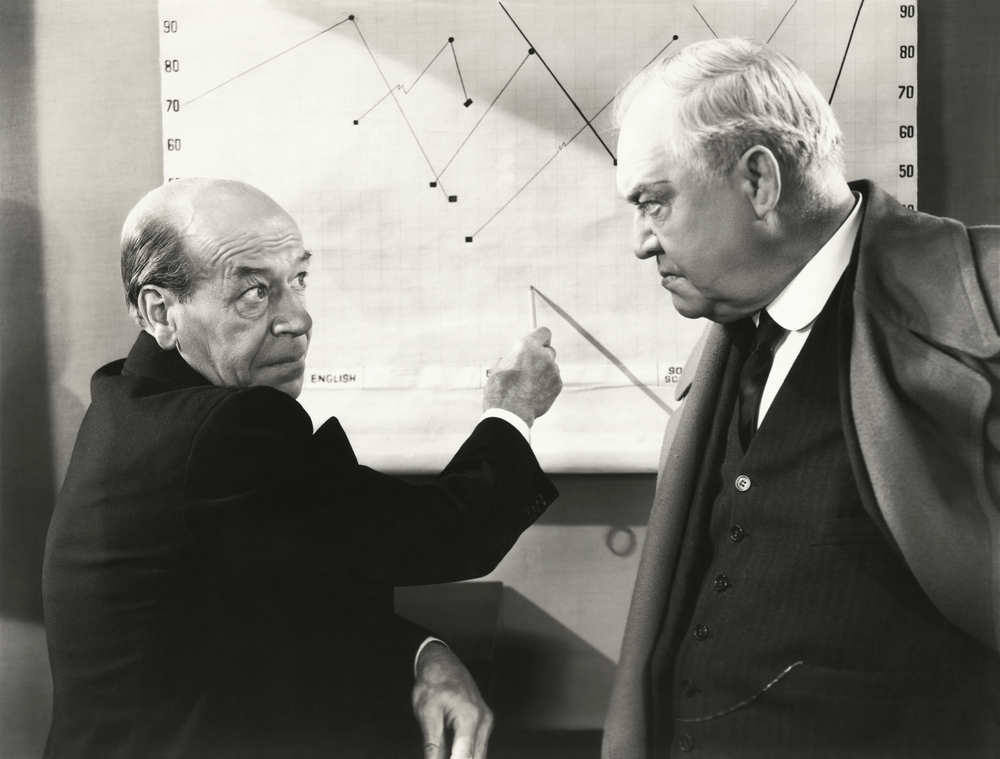
The Submission Materials
It all starts with top quality submission materials. A great pitch and bible for a TV project, or a great pitch and lookbook for a film and a one sheet of the quality studio and network executives expect to receive from one of the best talent agents or less rarely from an entertainment law firm, starts the ball rolling.
If trailers and sizzle reels for a film or a TV pilot for a television series is sent along as well, they too must also be of the highest professional quality. A well designed website for the film can help as well. Anything less than the highest quality for any of these items can torpedo a submission.
If publicity is utilized to generate interest, bad publicity can sink a project before it gets off the ground. The A-list actor committed to a film project being arrested for some despicable offense would qualify. This is one time when the adage that any publicity is good publicity, simply isn’t true.
Social media is important, a film website is important, and if an independent producer is pitching the project in person, the pitch rule (say it in five seconds or forget it) to pitch a film, project or concept must be followed. If a filmmaker can make the persons listening to the pitch think, “wow,” that pitch may be the only pitch the studio people discuss in subsequent meetings. If they yawn or look at their watch, the producer is probably toast.
If after a pitch is made, questions asked show interest, the additional materials submitted, for example the lookbook for a film or a bible for a TV project will likely be seriously considered as well.
For television, a treatment, or “bible” as it is commonly known is 3-5 pages, seven at most, which gives additional details with respect to the project. It should show how the characters will develop as the series progresses and it should describe the flow of a TV series.
A sizzle reel or a pilot is used to show how the characters relate to each other and will help an executive to visualize a producer’s concept.

Pitch Materials, Lookbooks and Show Bibles
Once a producer has written a killer pitch, a one or two sentence logline that makes a person want to say, “Wow,” they need to write their TV series bible. A bible is in essence, a seven or so page extension of your pitch or logline.
The bible provides the network, studio or other individuals a producer has pitched the series to, with the tone of the series, character descriptions, perhaps their flaws and motivations, the format of the series, a description of how the series will progress, and what will keep the viewers coming back for the next episode.
Just as there is no one way to write a pitch or logline, there are no two ways to write a bible other than to provide a map for a TV series which expands your pitch and sells the recipient on the series concept in a compelling way that’s different from all the other bibles read before.
Besides the pitch itself, the other materials that a producer should prepare when pitching a film, include a lookbook which contains the title, the logline, the synopsis, and character descriptions and bios of the producer, the director if there is one yet and any other team members, a list of the cast and any important crew members, and a budget.
The lookbook should show the look of the project by utilizing spec footage, photographs, drawings or any other sources which help to show how a series might look in terms of lighting, design, locations, and costumes.
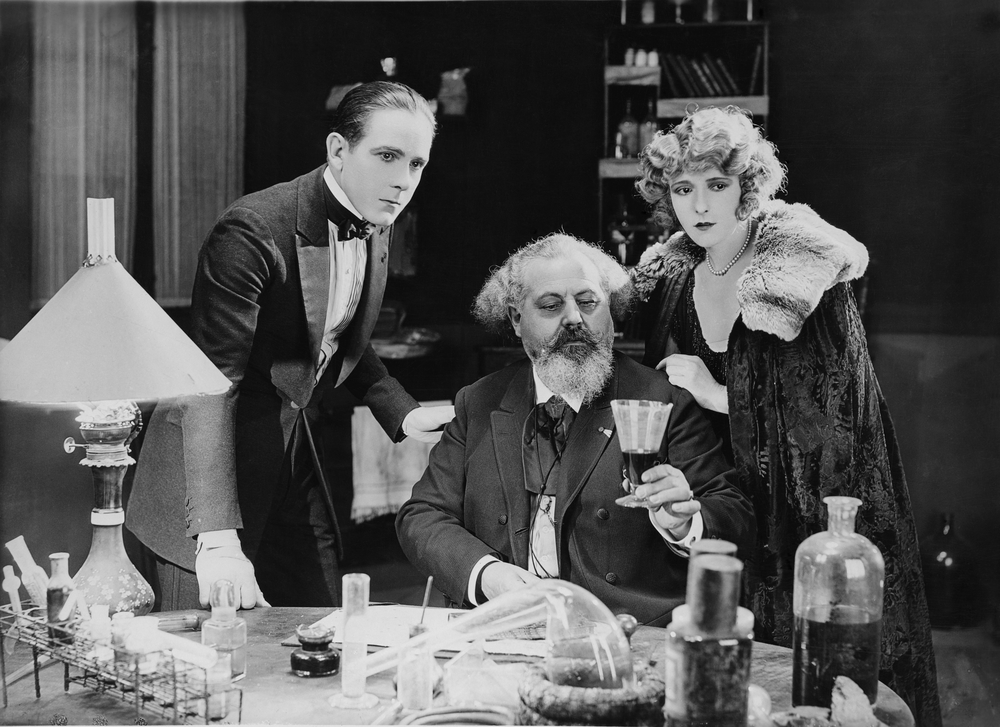
The Pitch – And Pitches for Some of the Best TV Series
A really great pitch will not only make the recipient of the pitch either lean forward for more or fall out of their chair altogether. It should cause the person hearing it to wonder why no one ever made that pitch before.
A good pitch blows the listener’s socks off. It makes a studio or television executive gasp and think to themselves, “We’ve got to have this project,” and wonder if this person who made that pitch knows how great a pitch that is.”
But a pitch doesn’t need to be explosive. It can be as simple as a pitch about friends. When you think for it, “friends” are a common thread running through many of the longest running TV series that have been on the air. It’s friendship. It’s really that simple.
Cheers was a place where everybody knew your name. The Big Bang Theory was about a group of friends, nerdy friends. Mork and Mindy had a great friendship, and then they fell in love. Mash was about a group of friends as well. It just took place in war torn South Korea. And despite the funny Seinfeld episode, The Pitch, in which Seinfeld and Costanza pitched a TV series about “Nothing,” it was really about a group of friends and the funny, weird things that happen in life to friends.
Consider the TV series, Friends. It was about love, relationships, careers, and life, but most of all, it was about friendship, friendship when a person is single, in a big city and your friends become your family.
Independently Produced Projects
So now, let’s get that project developed, financed, and above all protected.
When a film is developed outside a studio, a writer, either on his own or hired by an independent producer, writes a screenplay. After the screenplay is finished, it may be rewritten by a well-known screenwriter, and then is packaged with other elements such as an A-list actor and director, and presented to a studio, network or streaming service for financing and distribution.
It can be difficult for a writer or an independent producer without contacts however to get their foot in the door to pitch their project to a streaming service or platform. Some individuals retain aggregators who can not only assist the producer or writer with their pitch but who have long-standing relationships with streaming platforms like Netflix in return for a standard agency commission on the backend.
If distribution offers, tax incentives and grants don’t provide sufficient funds for production, financial entities might be approached for funding and a securities offering made to passive investors after a securities lawyer drafts the offering.
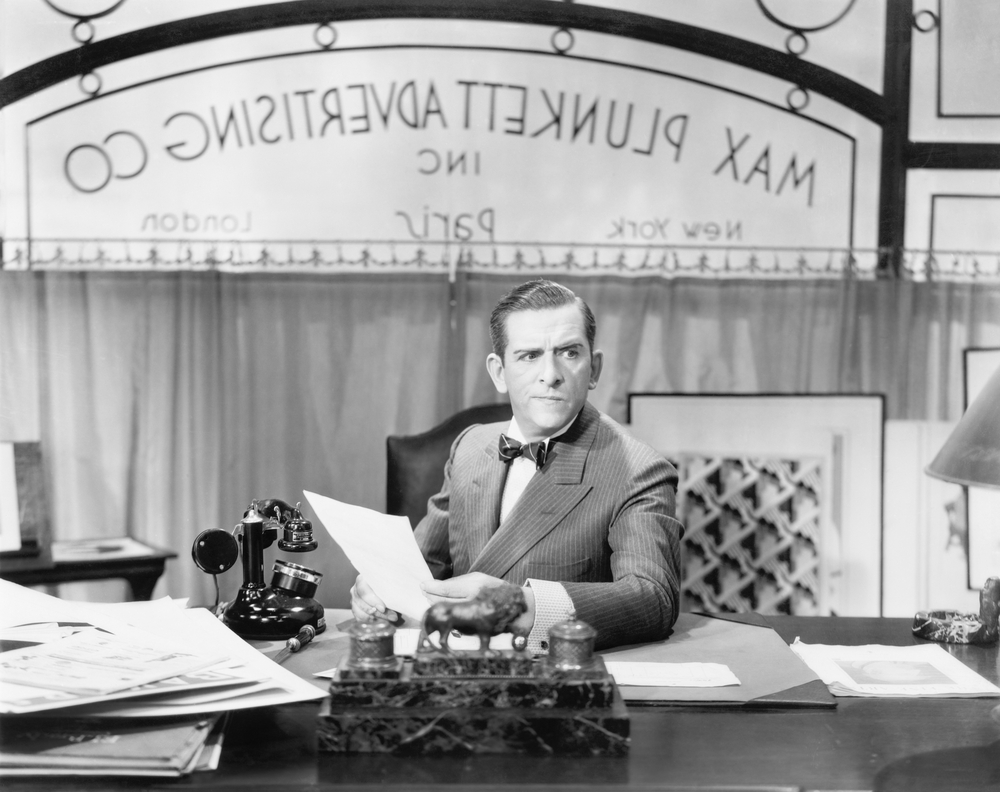
The Concern: How to Safely Submit Concepts and Scripts for Films and Television
A major concern by creative artists in the entertainment industry who write books, conceive story ideas, develop concepts for films, television or even the stage, or who have written a screenplay, a film treatment, an episode for a television series or who have a unique advertising concept is how to submit their work to a production company, a publisher, a film or television producer, a collaborator, a studio, a network, an advertising agency, a streaming service, an agent or anyone else in the entertainment industry.
Before allowing others to read their book, your script, screenplay, or even listen to their concept, story idea, or a commercial concept much less submit their project to a producer, talent agency or any other entity in the entertainment industry, spending the time and money to obtain copyright, trademark, and submission protection with an experienced California entertainment attorney is worth every penny, euro or pound.
Unfortunately, in today’s litigious world, production companies and others in the entertainment industry who on a daily basis receive scores of submissions of one type or another and are fearful of being accused of theft of a writer’s work or ideas should they later produce or become even tangentially involved with a project with similarities to material submitted to them, are so fearful of liability that today they have shut their doors to submissions from all but those entertainment attorneys and others with whom they already have a past relationship.
The last thing these companies need or want is to have a production halted or an injunction filed to prevent the project from airing or being released theatrically, or for litigation to tie up revenues or damages to be awarded that could bankrupt the company.

Protecting Ideas, Concepts and Your Creative Works
Most writers need already understand, though they may not agree with the law in this regard, that ideas are generally not protected by copyright. Indeed, it’s only when the expressions of those ideas are put to paper or on a computer page, when they become a format entitled to copyright protection.
There is a legal avenue, however, for writers to still pursue compensation for concepts and ideas pitched to entertainment entities which has nothing to do with the U.S. Copyright Office and that is through litigation based on a cause of action for an implied contract.
When a story idea or submission is made in confidence to a production company, producer or other entity or individual due what is clearly a confidential relationship between the parties, and, importantly, they have the expectation of being paid if the concept or story is used, an implied contract may be formed and becomes the basis for subsequent litigation when the submitted concept or story is in fact produced and theatrically released or aired on television or a streaming platform.
However, it’s rare to find an attorney willing to take such a matter on contingency. While some entertainment lawyers will review and analyze a creator’s or producer’s fact situation for such litigation, they will generally only do so on their hourly rate. Should the producer choose to proceed with litigation which an attorney may or may not choose not to pursue on their behalf, a producer should keep in mind that such litigation against well-heeled entertainment entities can run into the hundreds of thousands of dollars for litigation of this type.
Entertainment entities have reputations and huge profits to protect from the films and television series they produce. That means they can in effect write blank checks to the attorneys who defend them from copyright infringement and breach of implied contract lawsuits.
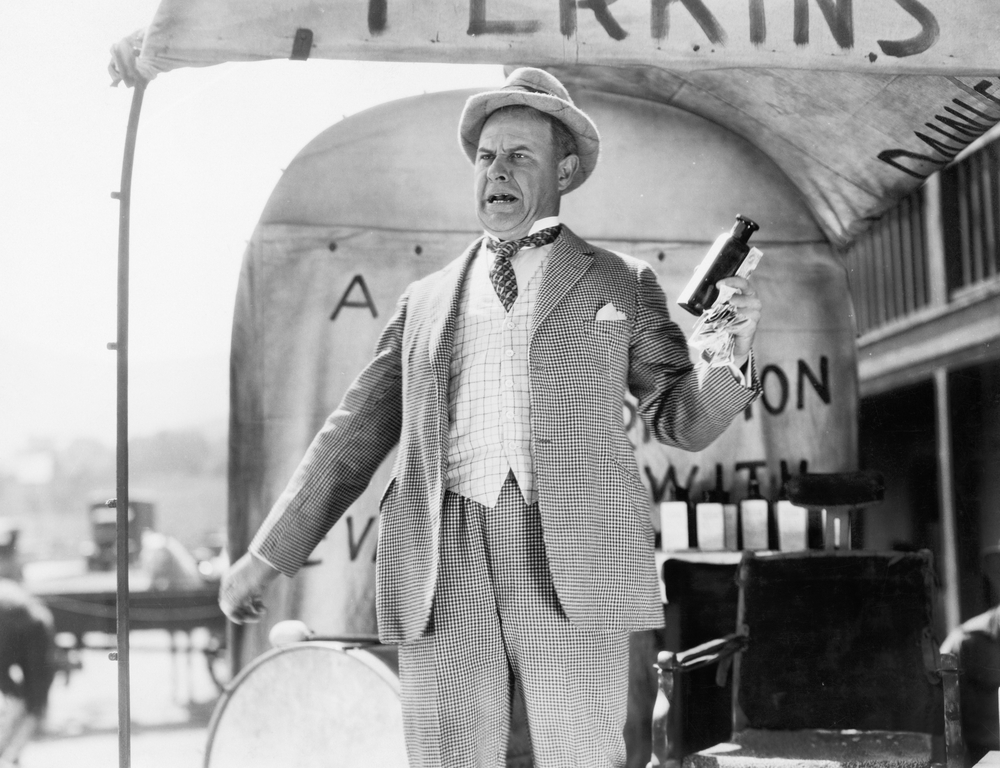
Copyright and Trademark Protection of Submissions
While the copyright forms from the U.S. Copyright Office look simple, they become more complicated in choosing which forms apply to a work, and how to answer many of the questions such as those dealing with derivative works.
The complexity of protecting creative works only becomes more complicated when licensing of those works is involved, with renewals of copyrights and when the length of copyright protection of older works is in question.
Trademark application forms are confusing even to all but the attorneys who routinely deal with the U.S. Patent and Trademark Office as we do at the offices of Copyright and Trademark Lawyer Sebastian Gibson.
At the law firm of Sebastian Gibson, we’re experienced in copyright and trademark protection, as well as with other means of protecting a client’s works.
Trademarks can be registered to protect a film title by an experienced trademark attorney. An additional method which can be utilized to protect titles is through registration with the Motion Picture Association of America.
However, if all a producer has is a concept, as often is the case with reality TV, the concept cannot be protected with copyright law until they convert their concept to a script, a screenplay, a book, or other writing.
Once a writer or creator converts their concept to paper, this gives the creator of that concept something in writing to protect with the U.S. Copyright Office as a literary work.
A writer can also register a pitch with the Writer’s Guild of America.
The more materials which are protected, for instance in the form of larger treatments, scripts, screenplays, bibles (expanded pages professionally written to describe in more details the characters and tone of a TV series concept which accompanies a pitch) rather than just the five second pitch a creator will make to studio executives, the greater the protection.
If a writer has a script, it should not only be copyrighted with the U.S. Copyright Office, it should also be registered with the Writer’s Guild of America.
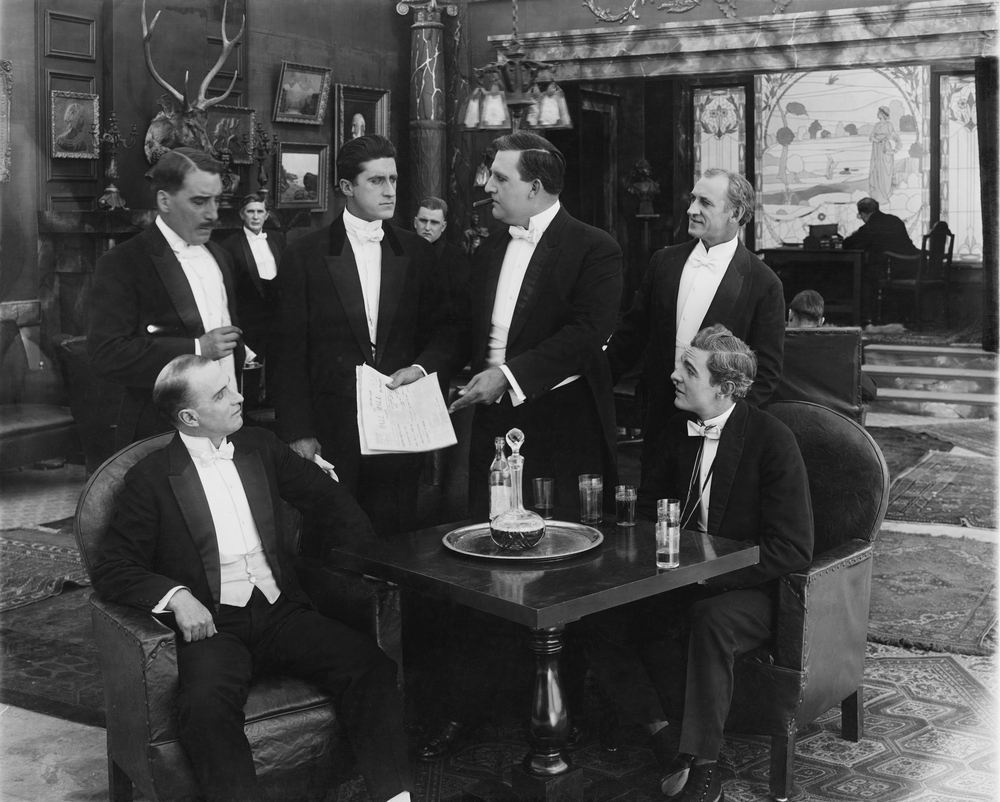
A Final Method of Protection by California Film and TV Project Attorney Sebastian Gibson – Contracts With Entertainment Entities
Once contracts have been drafted and signed with respect to a creator’s work, concept or pitch, the concept they’ve conceived, the script, screenplay or other form of the work they’ve created is protected by means of evidence of any such contracts. That doesn’t mean it will prevent everyone from infringing the work. But now a producer has the tool to pursue damages for the work’s infringement.
Non-disclosure agreements are probably one of the last alternative means of protection. Many people simply won’t sign them and it’s simply too easy for the person signing such an agreement to simply pass a person’s idea on to someone else. A writer should not count on these agreements or feel protected simply because they do convince someone to sign one.
While a submission release may contain waivers that should be revised if not deleted entirely, a submission release does confirm that the persons or entities to whom a submission is being made had access to a writer’s work, which is a key element of proving the breach of an implied contract
Negative Pick-Up Deals and Pre-Sale Deals
Independently produced projects are generally dependent on investors or pre-sale distribution deals in which various foreign distribution rights are sold in order to finance production. The producer then enters into acquisition agreement with a domestic and a foreign distributor for the theatrical release of the picture. A negative pick-up deal or a pre-sale deal are the terms which describe such an agreement.
In a distribution deal, the distributor pays for all distribution, advertising and the marketing costs. The distributor and producer then share the revenues after recoupment of the distribution fees and marketing expenses.
But pick-up deals are hard to come by for producers trying to make their first film. Often the start as writers or produce short films and documentaries to gain experience, to add credibility to their name and to get known in the entertainment industry. Rarely do they start out at the top with a high-budget film, even the best, and those with an unfathomable amount of talent and lucky breaks start small.
Steven Spielberg is a good example. While only a student, Steven Spielberg took a small unpaid intern job at Universal Studios with the editing department. Unpaid is a key term here, though what followed was certainly a fortunate break.
Spielberg was given the opportunity to make a short film for theatrical release, a 26-minute, 35 mm film titled Amblin’, which he wrote and directed. The film won a number of awards, and the studio vice president offered Spielberg a seven-year directing contract based on the talent that he showed in his first film.
Spielberg initially wanted to be a director, not a producer. His first professional TV job at age 21 was directing one of the segments, not even an entire episode but only a segment for the pilot of Night Gallery, written by Rod Serling. It was not until he was 25 when the first film he directed, Duel, was released. One of the most amazing careers in Hollywood has followed since.
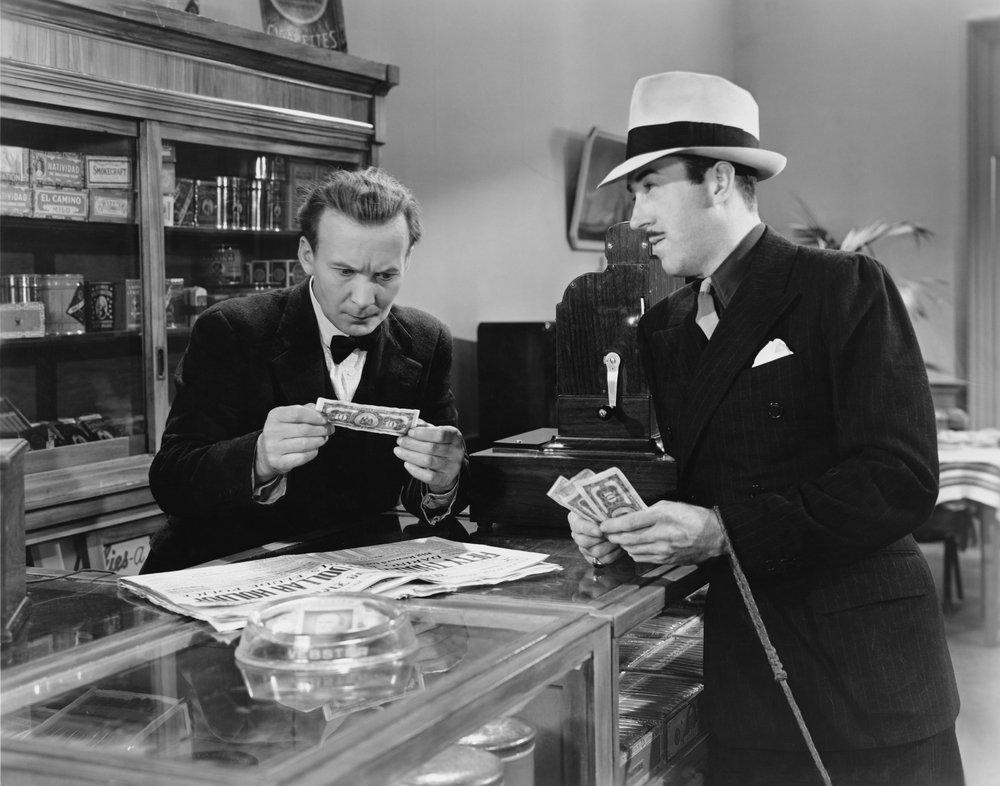
Distribution Advances
Even when a producer has already had all the funds necessary to produce a film and the producer and distributor sign an acquisition agreement for an independently produced film, the producer will still frequently seek an advance of the producer’s share of the film’s revenues. With that advance, the producer can repay investors and cover the producer’s own expenses which the producer might then utilize for other projects.
Another reason why a producer wants as large an advance as possible is that they may never see anything on the back end of the deal in the way of revenues or profits if the film flops. Unfortunately, flops do happen. They happen every year, like bad storms, producers and distributors rarely anticipate.
Distributors, on the other hand want to pay as small an advance as possible, and never more than the cost of production. Distributors are worried as well that a film won’t perform as expected at the theater. Though they rarely believe a film will actually flop, when reviews are disastrous, a distributor will have some idea of what’s coming. Even then, a film can flop in the U.S. but still perform well overseas, or vice versa.
Distribution Agreement Definitions
Definitions in these agreements are everything and they vary widely. Unfortunately, profit participants rarely see any return on their share of “net profits” because of the way that term is defined.
Before a producer attempts to submit a project by themself and learns the hard way that a producer’s submission materials aren’t of sufficient quality a producer should have an experienced entertainment lawyer or another experienced producer review your submission materials.
At present the Law Firm of California Film and TV Project Attorney Sebastian Gibson does not make submissions except for those clients with whom we have an existing relationship and who have a considerable track record in the entertainment industry.
Submission Protection by Utilizing Entertainment Attorneys
Submission protection also comes with having one’s project submitted by an experienced entertainment law firm. Indeed this is why networks, studios, even book publishers require that submissions be made only by reputable law firms or agents in their respective fields, be it a talent agent for films and television, an entertainment lawyer or a literary agent for books.
When a project has been submitted by a reputable and experienced entertainment attorney, a studio, producer, network or streaming company can feel confident that by virtue of the fact that an entertainment lawyer has submitted the project, a precise record has been made of the materials submitted, when the submission was made, and to whom it was made. Whether such records are in fact made by all entertainment attorneys is unproven, though that should be the case.
Once a reputable entertainment law firm known to the entertainment industry has made a submission of a project, the studio or network, talent agent or producer to whom the submission has been made may be willing to review the project or the work and any materials sent with the submission.
However, before A-list actors or directors may review the materials submitted, it’s more likely to require involvement of a talent agency who may first require a packaging fee to be negotiated with a producer before they will pass on the project to their signed talent.
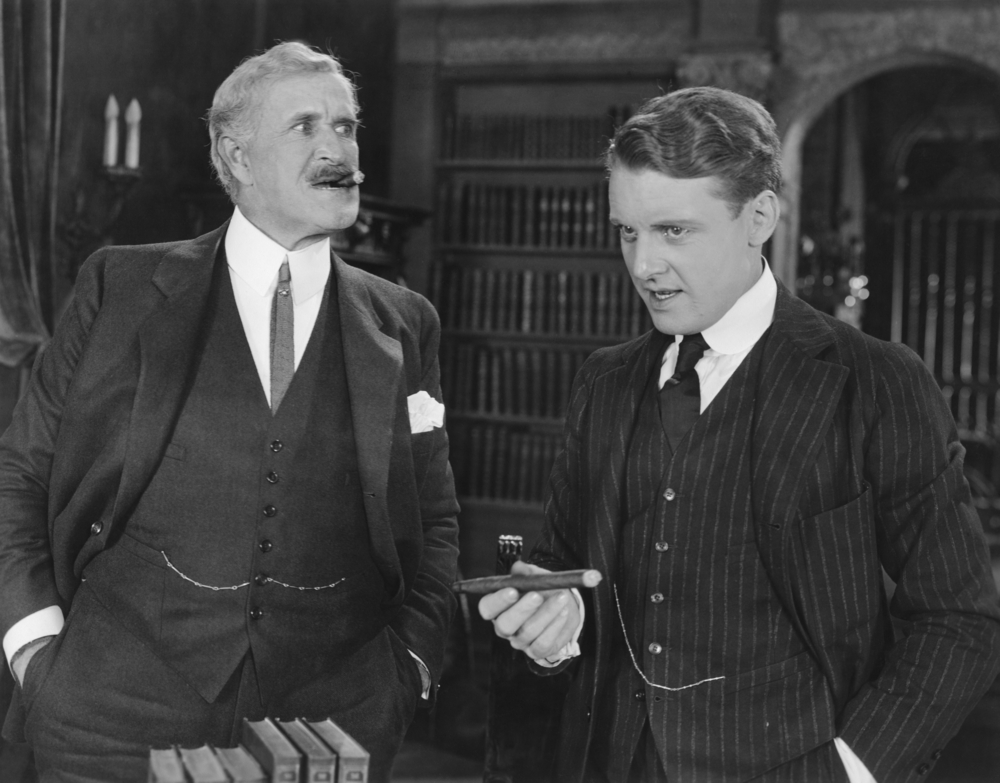
California Film and TV Project Attorney Sebastian Gibson, When It’s Critical and When It’s Not
California Film and TV Project Attorney Sebastian Gibson has been called “Brilliant” and “A Legend” and is a cum laude graduate of UCLA. He has law degrees both from the University of San Diego School of Law and from Cardiff University in Wales where he graduated magna cum laude.
With these dual law degrees in the U.S. and Great Britain, and over 40 years of combined experience both in London and California, California Film and TV Project Attorney Sebastian Gibson is the international entertainment law firm to turn to for music events, festivals and world tours, music, film, television, songwriting, film music licensing, film and TV production agreements, publishing, modeling, athlete representation, and other creative aspects of the entertainment industry in the U.S., the UK and around the world.
California Film and TV Project Attorney Sebastian Gibson
Focused on bringing great film projects to UK film producers who recognize the unique voice of British actors, directors and crews and as a California entertainment powerhouse working with actors, musicians, songwriters, novelists, models and athletes from offices just near enough to Hollywood but far enough from the congestion of LA, California Film and TV Project Attorney Sebastian Gibson is the right choice and the law firm to choose for all your entertainment endeavours from California to the UK and throughout the world.
California Film and TV Project Attorney Sebastian Gibson has been named one of the 2022 Top Lawyers by the prestigious Palm Springs Life Magazine for the past 12 years in a row and is one of the most acclaimed lawyers in the Coachella Valley of California. California Film and TV Project Attorney Sebastian Gibson has written for the Los Angeles and San Francisco Daily Journal Newspapers, is a published novelist and wrote and recorded the music and lyrics for the musical, Shake in London. He has a top rating of “Superb” by Avvo, their highest rating, which rates attorneys all across the U.S.




